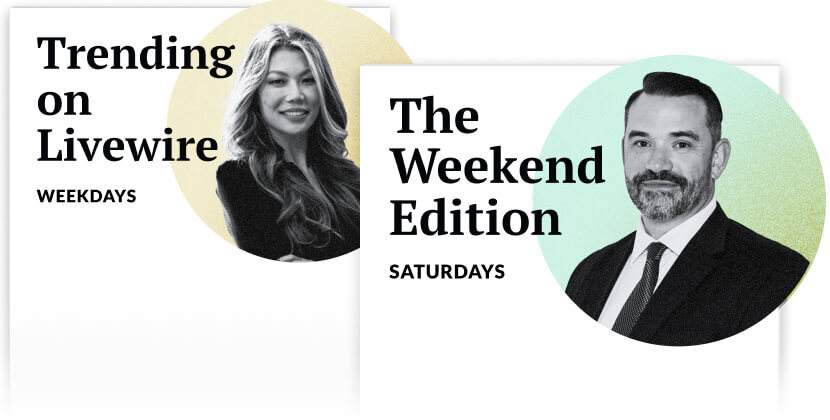Predicting the future - for dummies
There was an article on the Livewire website this week quoting a recent Kerr Neilson presentation, the billionaire fund manager at Platinum Asset Management. There were lots of good takeaways but the comment that interested me was this quote:
“Here’s the problem we face as fund managers. If you go out too early (sell the market), let’s say by six months, you could leave 14% on the table. If you leave late (sell too late), you might only be down 10% within six months. So what you do? We as fund managers are institutionally bound to play the game until the last second. Keep that in mind when you’re relying on the experts”
I’m not sure Kerr Neilson speaks for everyone. A lot of those massive cap fund managers running billions of dollars just aren’t interested in the market going up or down, just their performance relative to the market. They don’t have to time the market peaks and troughs and many have their hands tied by mandates that prevent them running up any significant level of cash anyway. It’s only the fund managers that care about actual performance, who care about their clients' money, who are trying to perform rather than outperform, that have the ability to hold significant cash levels (100% in my case), that would ever think about selling at the top or buying at the bottom.

So how do you time the top?
I was recently asked whether we can expect a Santa Claus rally in the market, the traditional run-up in the market in December. I don’t know, I’m just in the media so people think I do. But the answer to the question is clear. You don’t need to guess. If you, like me, are watching the market every day, it is a risk management system in itself. If you adopt a high level of vigilance you can afford to take more risk and run with the market for longer because you are turning your screens on every morning.
If you do that then you will get the feeling that the market is topping out way earlier than all the pious Warren Buffett following investors that rely on motherhood statements about long-term investing and set and forget. One day you will simply wake up to a market selling off significantly and you will make some decisions. You don’t need to predict anything unpredictable in this game if you are highly engaged. That in itself is your risk management system. Turning the screens on.
Plus some of the best bits in the market are when it goes exponential in the years ahead of a correction, which is what we are arguably doing now. It’s no good selling now just because the market is up. You want to sell because the market is going down.
On top of that let me repeat my old line that you don’t need to call “the market”, far better you manage each stock position as a separate “battle” and close positions out on a stock by stock basis than try and do it for all stocks at the same moment. Take it stock by stock and you will negate the need to decide on the whole market once, a decision that very few mortal investors are ever capable of making until they are in a mental hole, usually at the bottom of the market, not the top. Do this and by the time you hear the anchor at CNBC talk about a market correction, you will find that you have miraculously already sold almost everything on a stock by stock basis anyway.
Wait for the fear to become mainstream and you will be selling far too late. So as Kerr Neilson says, play the game until the last second.
Of course, the flip side is this: if some of the big professional fund managers are trying to time the market to the second, then when the moment comes to sell, the sell-off will be that much more savage because the big money is also in there trying to trade or time the top or turn. All the more reason to follow the charts and sell when you see others selling, because the likelihood is they are far bigger than you are and will take a lot longer to sell than you will.
Marcus Padley is the author of the Marcus Today stock market newsletter. To sign up for a 14-day free trial please click here.
Welcome to Livewire, Australia’s most trusted source of investment insights and analysis.
To continue reading this wire and get unlimited access to Livewire, join for free now and become a more informed and confident investor.
Join Free to unlock all exclusive content
To continue reading and gain unlimited access to all Livewire content, join free to become a more informed, confident investor.
3 topics
Comments
Comments



